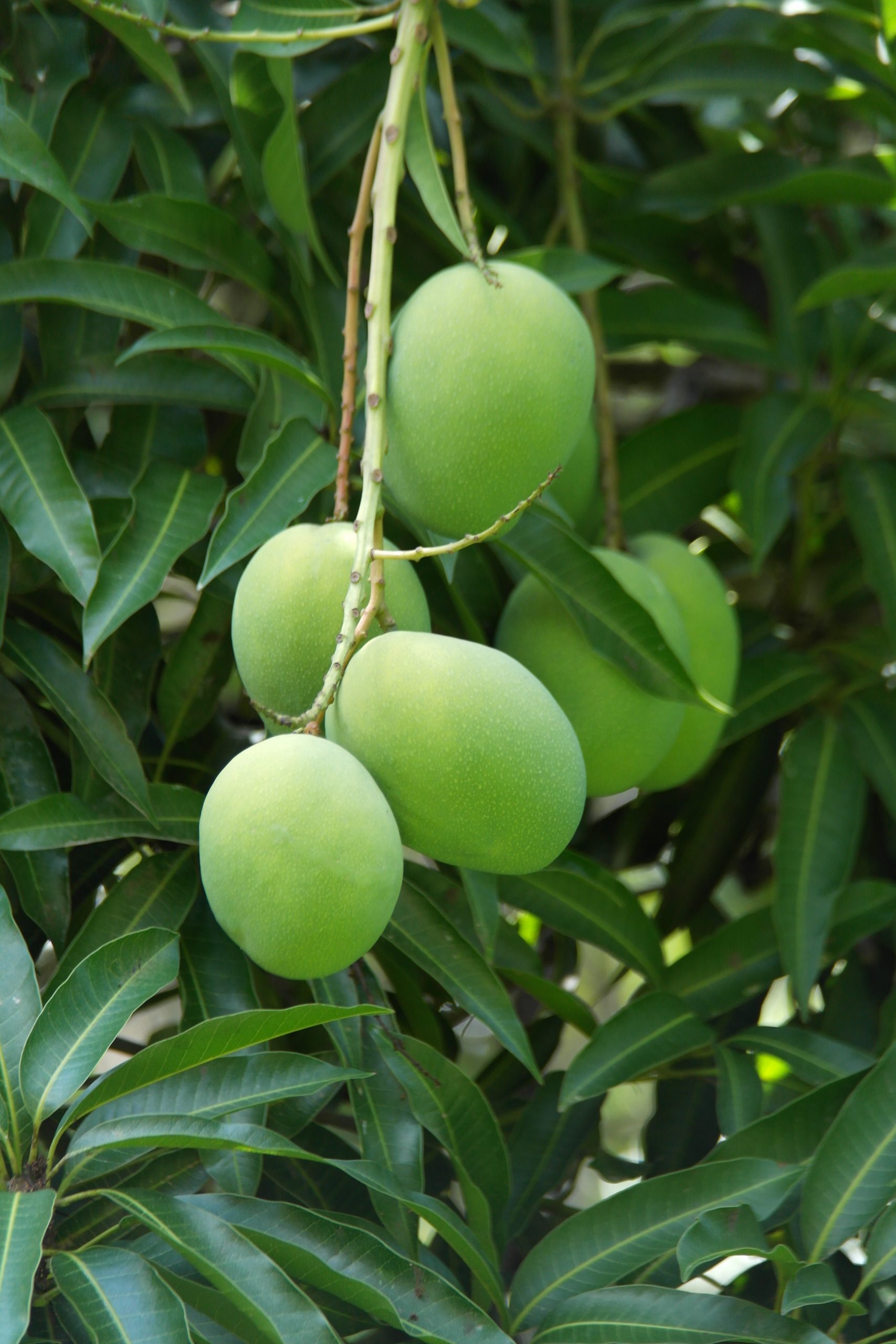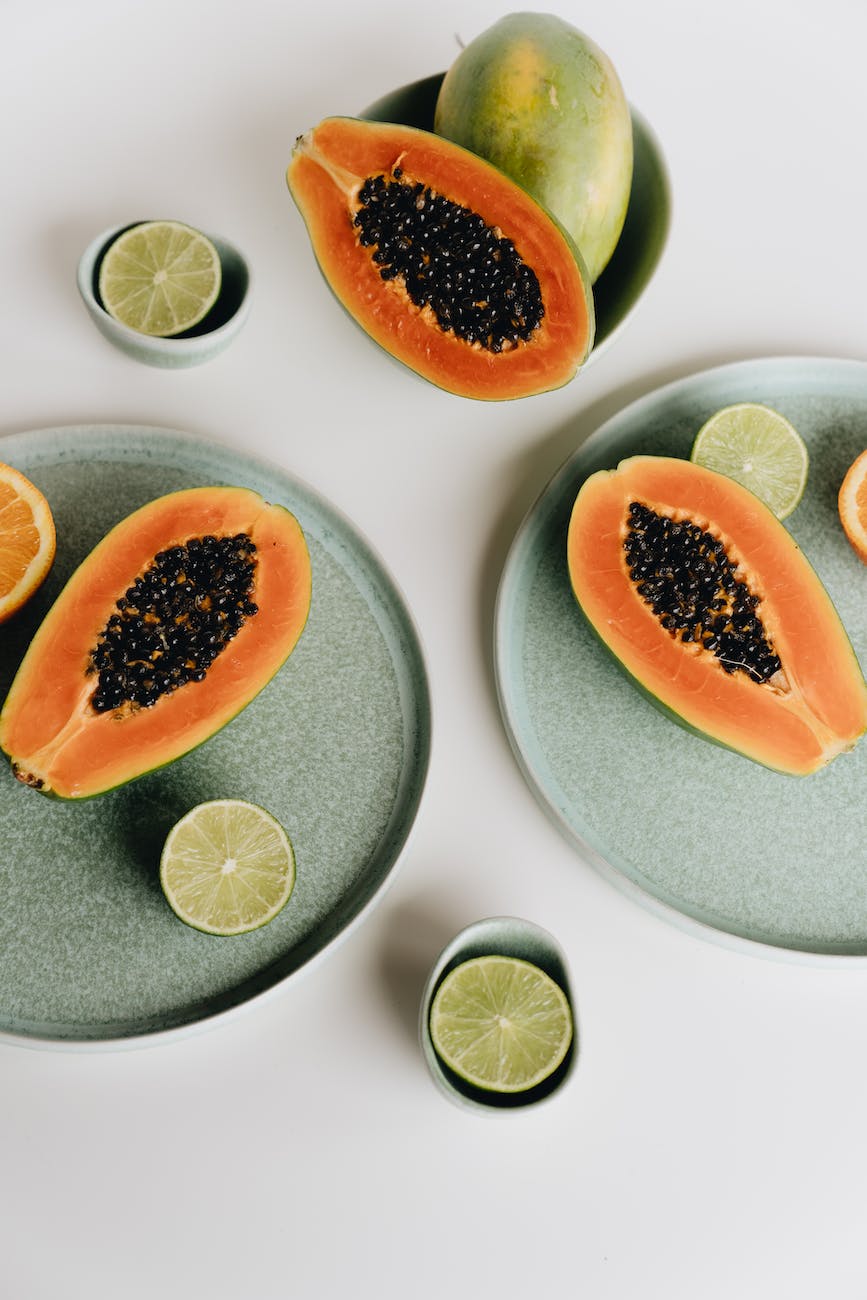
Pregnancy is a miraculous yet challenging journey, and morning sickness is a common hurdle many expectant mothers face. In the realm of Ayurveda, an ancient Indian holistic healing system, lies a treasure trove of natural remedies that gently and effectively address this discomfort. Let’s dive deeper into these exotic Ayurvedic solutions, understanding their roots in ancient wisdom and how they can be seamlessly integrated into modern life.
1. Coconut Water & Lime Juice: A Tropical Elixir
Ayurvedic Insight: Pitta dosha, symbolizing fire and water elements, can often get imbalanced during pregnancy, leading to nausea. Coconut water and lime juice are excellent for restoring Pitta balance. Preparation & Usage: Mix equal parts of fresh coconut water and lime juice. Add a hint of mint for extra freshness. Drink this elixir first thing in the morning to kickstart your day with hydration and a burst of energy. Benefits: Beyond easing nausea, this blend supports hydration and provides essential vitamins and minerals.
2. Rosewater-Infused Milk: An Ancient Bedtime Ritual
Ayurvedic Insight: Milk, revered in Ayurveda for its nurturing qualities, becomes a potent remedy when combined with rosewater, known for its soothing properties. Preparation & Usage: Gently warm a cup of organic milk. Stir in a teaspoon of high-quality rosewater and a dollop of ghee. Sipping this comforting beverage before bed can promote a tranquil sleep, crucial for both mother and baby. Benefits: This concoction is not just for nausea; it also enhances overall emotional well-being and skin health.
3. Ginger and Peppermint Tea: A Digestive Symphony
Ayurvedic Insight: Known for stimulating Agni (digestive fire), ginger and peppermint are potent allies against Kapha-related sluggish digestion. Preparation & Usage: Simmer slices of fresh ginger and a handful of peppermint leaves in water for 10 minutes. Strain and enjoy this warm tea with meals or throughout the day. Adding a touch of honey can enhance its soothing effects. Benefits: This tea not only calms the stomach but also invigorates the senses and boosts immunity.
4. Clove and Ginger Concoction: Spicy Soother
Ayurvedic Insight: Cloves, with their warming and drying qualities, are excellent for reducing excessive Vata and Kapha in the body. Preparation & Usage: Boil a few cloves and a piece of ginger in water until the aroma fills the air. This spicy infusion can be sipped throughout the day, especially when nausea feels overwhelming. Benefits: It’s a powerful remedy for persistent nausea and also aids in oral health.
5. Curry Leaf and Lemon Juice Mixture: A Zesty Morning Ritual
Ayurvedic Insight: Curry leaves are a powerhouse of medicinal properties, aiding in detoxification, while lemon balances the doshas. Preparation & Usage: Crush fresh curry leaves to extract the juice, combine with freshly squeezed lemon juice, a spoonful of honey, and a pinch of sugar candy powder. Drink this vibrant mixture first thing in the morning. Benefits: This remedy not only alleviates morning sickness but also kickstarts metabolism and improves skin health.
A Holistic Approach to Pregnancy
In Ayurveda, pregnancy is viewed as a time of profound physical, emotional, and spiritual growth. These remedies are not just about treating symptoms; they’re about nurturing the body and soul, creating a harmonious environment for the baby to grow.
Integrating Ayurveda into Daily Life
Adopting an Ayurvedic lifestyle goes beyond remedies. It includes eating a balanced diet, staying hydrated, practicing gentle yoga, and ensuring adequate rest – all crucial for a healthy pregnancy.
Safety and Precautions
While Ayurvedic remedies are generally safe, the uniqueness of each pregnancy cannot be overstated. It is essential to consult with a healthcare provider before incorporating any new treatment into your routine, particularly during pregnancy.
10 FAQs About Ayurvedic Remedies for Morning Sickness
- What makes Ayurvedic remedies effective for morning sickness? Ayurvedic remedies focus on balancing the body’s energies (doshas), using natural ingredients to alleviate symptoms like nausea, ensuring a harmonious state of physical and mental well-being.
- Can I use these remedies throughout my pregnancy? Yes, these remedies are generally safe throughout pregnancy, but it’s crucial to consult with your healthcare provider, especially if your symptoms change or if you have any medical concerns.
- How quickly do Ayurvedic remedies provide relief? Relief times can vary depending on the individual. Some may experience immediate relief, while others may notice gradual improvement over days.
- Are there any side effects of these Ayurvedic remedies? Being natural, these remedies typically have minimal to no side effects. However, individual allergies or sensitivities should be considered.
- Can I take these remedies alongside my prescribed medications? Always consult with your healthcare provider before combining Ayurvedic remedies with prescribed medications to avoid any potential interactions.
- How can I adapt these remedies if I have dietary restrictions or allergies? Substitute or omit ingredients based on your dietary needs and allergies. Consult an Ayurvedic practitioner for tailored advice.
- Is it safe to prepare these remedies at home? Yes, these remedies can be safely prepared at home using fresh and high-quality ingredients.
- Can these remedies help with severe morning sickness? While helpful for mild to moderate symptoms, severe morning sickness, like Hyperemesis Gravidarum, requires medical attention.
- How can Ayurveda help with overall pregnancy wellness? Ayurveda promotes a holistic approach, emphasizing balanced diet, hydration, gentle exercise, and mental well-being, contributing to a healthier pregnancy.
- Where can I find the ingredients for these Ayurvedic remedies? Most ingredients can be found in health food stores, Asian markets, or online specialty stores.
Blog Tags
pregnancy wellness, ayurvedic remedies, morning sickness relief, natural healing, holistic pregnancy care, dosha balance, herbal tea, digestion aid, prenatal care, traditional medicine













